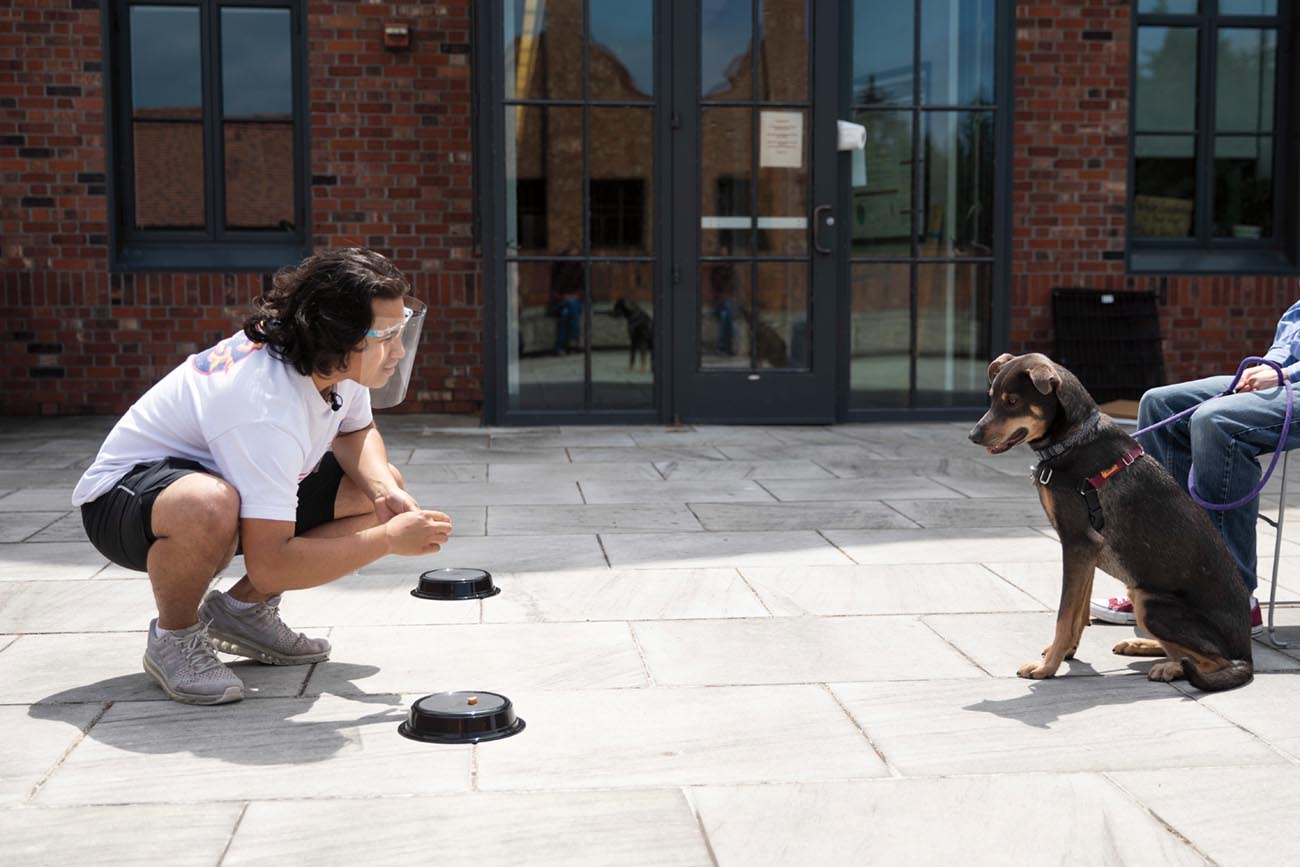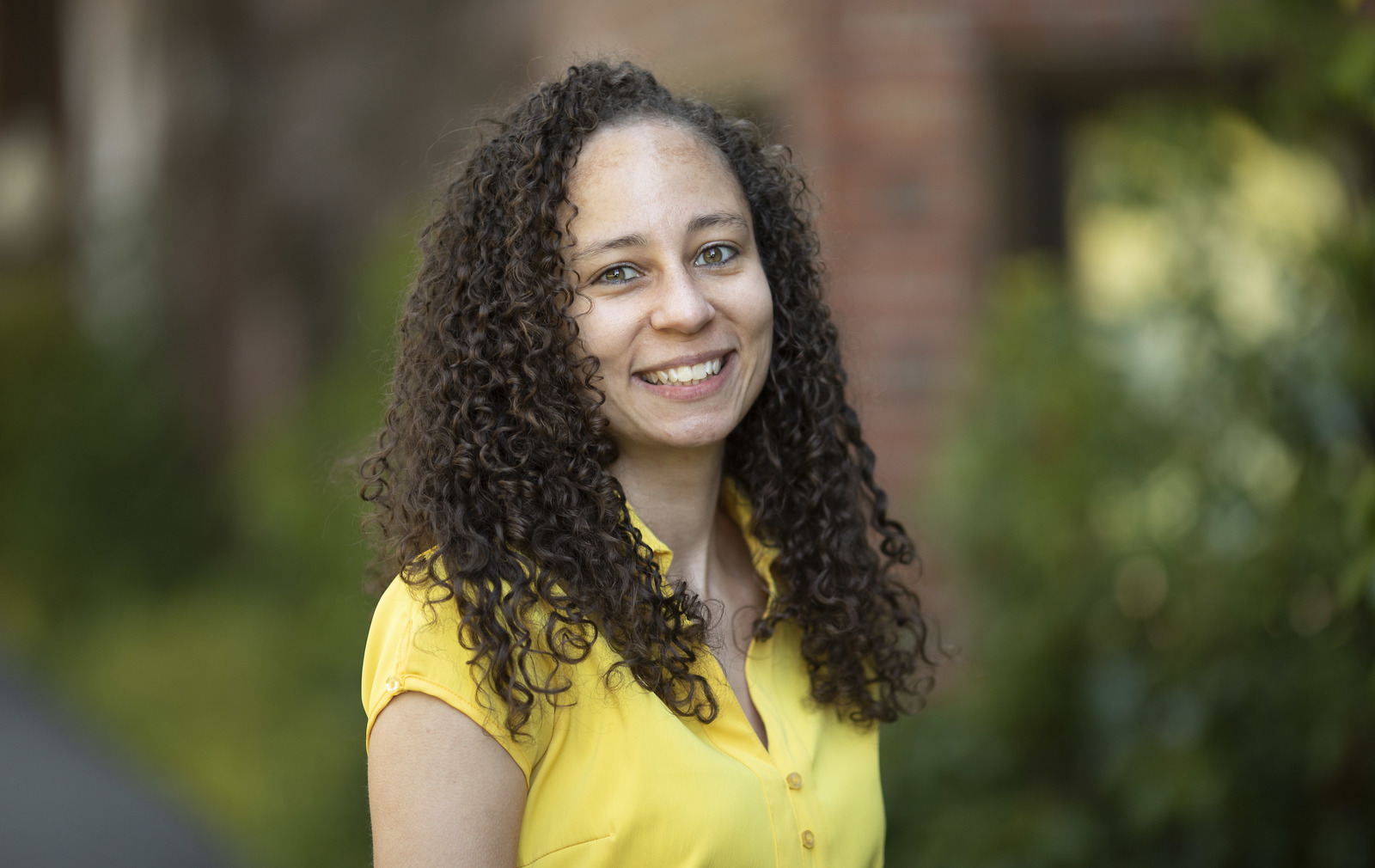The Psychology program is designed to equip students with the knowledge and hands-on research experience that is vital for career development.
Psychology is the study of the minds and behaviors of human and non-human animals.
Psychology majors progress through a series of courses that engage them in a progressively deeper understanding of research methods, study development, and statistical data analysis to prepare them for conducting their own research. The psychology faculty and curriculum represent many of the major sub-disciplines in the field of psychology – including developmental, clinical, cognition, learning and behavior, sensation and perception, biopsychology, personality, and social psychology.
Lower division courses and electives – such as social psychology and behavioral neuroscience – introduce students to major theories and schools of thought within the field of Psychology. Upper division courses allow students to explore topics in greater depth, deepening their knowledge of the Psychology field and its real-world applications. Laboratory courses allow students to gain hands-on experience in a variety of new topics, including learning and behavior, physiology, sensation and perception, and method development.
Towards the end of the major, students have access to seminars and independent study courses that give students the opportunity to fine-tune their research skills and apply what they have learned in real-world contexts. The Psychology thesis class allows students to delve deeply into a topic of their own choosing, while independent study courses allow students to connect and work with local organizations. Additionally, students in Psychology have access to co-curricular opportunities including internships, colloquia, and faculty-supervised research that all serve to enhance the learning experience within the major













